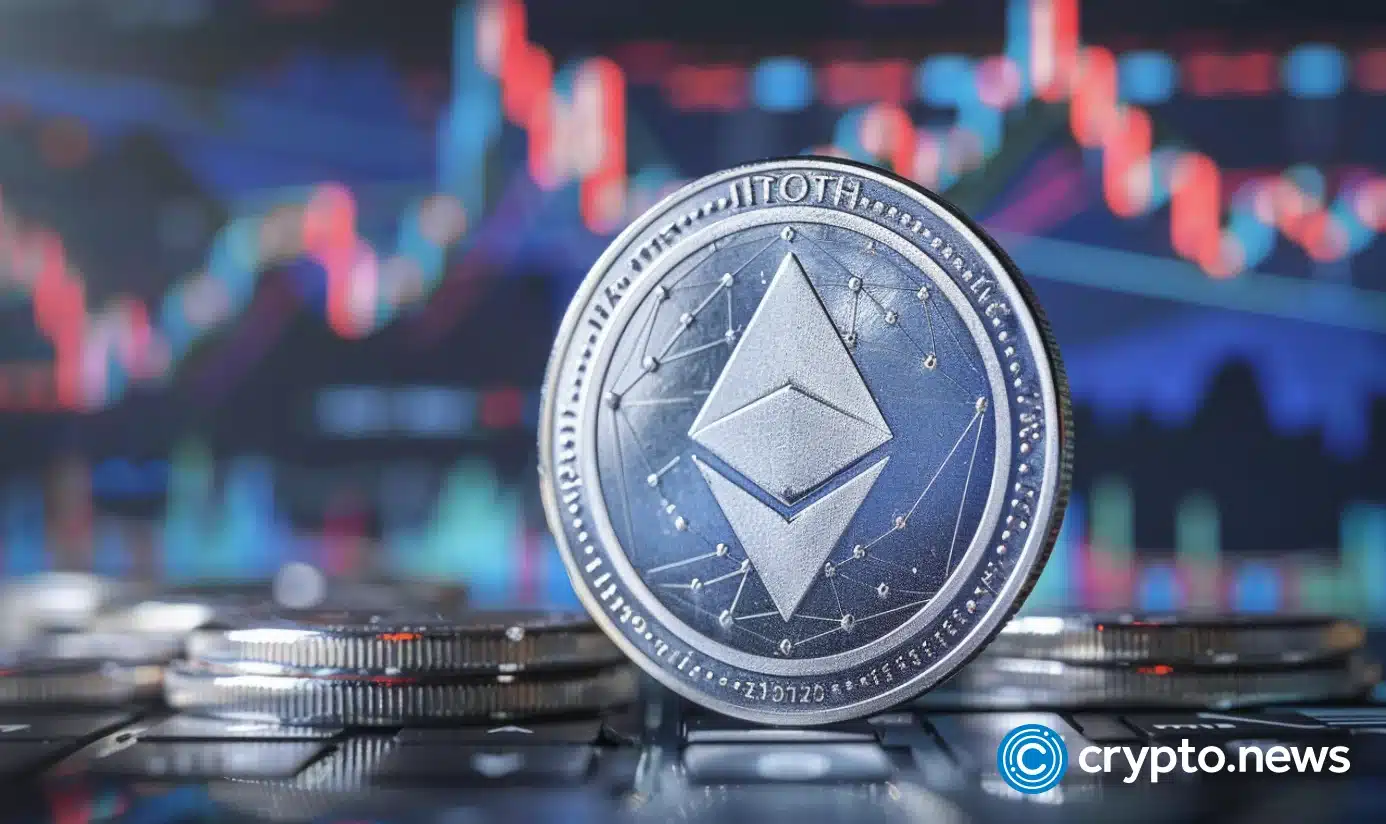Last week, nine out of the 10 cheapest hours for gas fees were observed. Gas fees are crucial for the Ethereum network as they fund various operations and incentivize validators, thus ensuring the network’s security. These fees also serve as a deterrent against spam attacks. For example, in April, Ethereum’s median gas price hit a three-year low, dropping to 6.43 Gwei on April 27, marking the seventh-lowest single-day median gas price recorded in the past three years.
On June 23, it fell even lower, dipping below 3 Gwei, a level not seen since 2020. This led to a series of some of the lowest hours for gas fees on Ethereum in the last seven years. Observers in the industry believe that the decreasing gas prices indicate the effective reduction of transaction costs on Ethereum’s L2 networks, thereby making the network more accessible to a wider audience. This accessibility can encourage more users and developers to engage with the platform, potentially leading to increased adoption of Ethereum-based applications and services, which in turn reinforces the network’s position in the blockchain ecosystem.
Furthermore, affordable gas fees play a significant role in maintaining the network’s security and functionality without excluding smaller participants. This democratization of access is crucial for fostering innovation and ensuring the widespread distribution of the benefits of blockchain technology. Lower gas fees can also stimulate activity in sectors like decentralized finance and NFTs, which have previously been hindered by high transaction costs.
